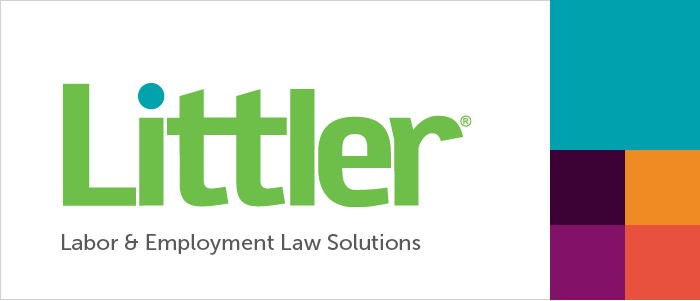
On July 8, 2015, a federal district court judge held that a section of the Massachusetts Independent Contractor law, as applied to same-day delivery services, is preempted by the Federal Aviation Administration Authorization Act of 1994 (FAAAA). This is a significant development because Massachusetts has one of the most stringent tests for satisfying independent contractor status in the country.
The Massachusetts Independent Contractor Law and the FAAAA
The case of Massachusetts Delivery Association v. Coakley* pitted two statutes against each other: the "B Prong" of the Massachusetts Independent Contractor law, Mass. Gen. Laws c. 149, § 148B, and the FAAAA.
The B Prong of the Massachusetts Independent Contractor law provides that an individual may properly be classified as an independent contractor only if the individual performs services "outside the usual course of the employer's business." This law, unique throughout the country, in essence requires that the contractor be in an entirely different business from that of the hiring company.
The confusingly named Federal Aviation Administration Authorization Act prohibits states from enforcing laws or regulations that are related to a price, route, or service of any motor carrier with respect to the transportation of property. The FAAAA was enacted to allow motor carriers to operate in accordance with national or regional standards, without the burdens of onerous or inconsistent state regulation.
The Massachusetts Delivery Association Lawsuit
The Massachusetts Delivery Association (MDA) is an association of same-day delivery companies. Some of the MDA's members use independent contractors to provide delivery services. However, because a delivery driver is performing a service within the "usual course of business" of a typical delivery company, under the B Prong, that person would need to be hired as an employee, not engaged as an independent contractor.
Accordingly, the MDA filed a lawsuit against the Massachusetts Attorney General seeking a declaration that the B Prong was preempted by the FAAAA. The MDA argued that having to use employee-drivers instead of independent contractors would necessarily affect the prices, routes and services the delivery companies offer, and therefore was preempted by the FAAAA. Judge Denise Casper of the U.S. District Court in Massachusetts agreed. With respect to prices, Judge Casper found that using employees would impose "myriad additional costs" on a delivery company that are not incurred with independent contractors, including higher wages and overtime payments, payroll taxes, and mileage reimbursement. Together, these cost increases would be "more than negligible, and logically would translate into higher prices charged" to customers.
With respect to routes, Judge Casper found that in the same-day delivery industry, employees drive company-owned cars, whereas independent contractors use their own vehicles. Independent contractors therefore start their route at the first stop and end it at the last stop, while employees need to pick up the car from the company's facility, drive their route, then return to the facility – adding 28% to the miles driven. Furthermore, employees must be given a 30-minute meal break after driving six hours, which means drivers cannot have routes that require more than six hours of consecutive driving.
With regard to services, the court held that a company could not provide rush or "on-demand" delivery services with employees. While independent contractors can offer their services to multiple courier companies and are paid only when they actually make a delivery, employees normally work for one company, and would need to be paid for their time waiting for a call. If forced to pay for on-call time, a company would either need to raise its prices for on-demand deliveries, or else abandon them altogether.
Based on these facts, the court held that "the logical, if indirect, effect of the application of Section 148B to delivery companies results in modification of prices (due to higher costs), routes and services." Accordingly, the court declared that the B Prong, as applied to same-day delivery companies, is preempted by the FAAAA.
* Littler Mendelson represented the plaintiff in this matter.